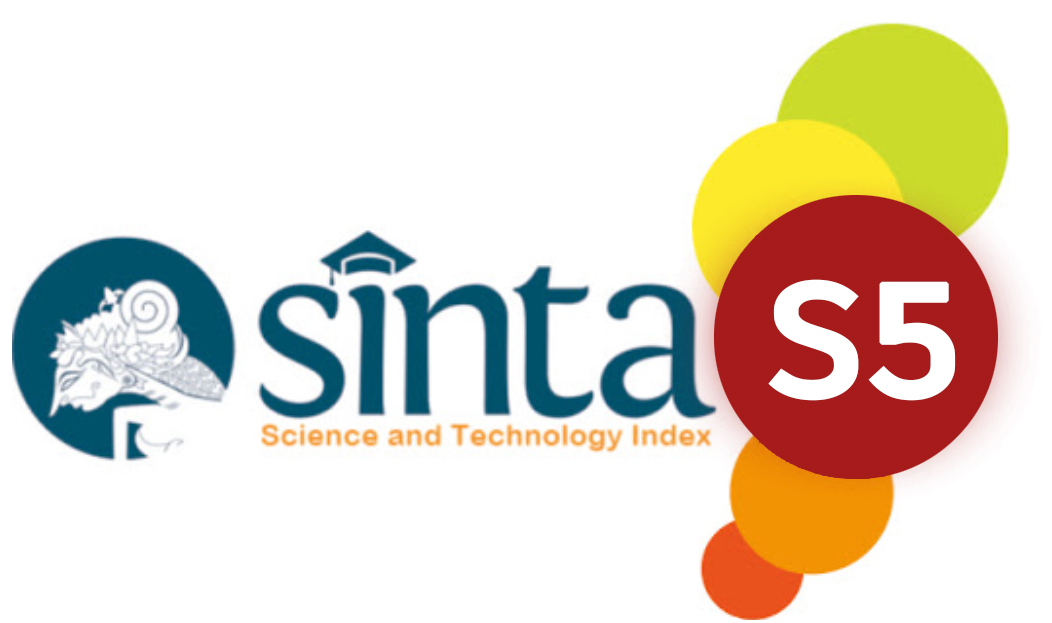Efektivitas Aplikasi Akuntansi Dan Self – Control Dalam Penyusunan Laporan Keungan UMKM
DOI:
https://doi.org/10.31004/riggs.v4i2.574Keywords:
aplikasi akuntansi, self control, financial reporting, ambonAbstract
This research is motivated by the low quality of financial reporting among MSMEs in Ambon City, which is caused by limited technological understanding and low discipline among business owners. The research gap lies in the lack of studies that simultaneously examine the influence of accounting application effectiveness and self-control on financial statement preparation, particularly in MSMEs located in Eastern Indonesia. This study aims to test and analyze the combined effect of these two variables. A quantitative approach was employed using the Partial Least Squares (PLS) method. Primary data were collected through questionnaires distributed to 70 MSME actors in Ambon City who had used accounting applications. The test results show that the effectiveness of accounting applications has a significant influence on financial reporting, with a T-statistic value of 4.464 and a P-value of 0.000. Self-control also has a significant effect, with a T-statistic value of 2.477 and a P-value of 0.014. The reliability test results show that the Composite Reliability values for each construct are above 0.93. The conclusion of this study is that the combination of accounting technology and self-control plays an important role in improving the quality of MSME financial reporting. The practical implication is the need to enhance digital literacy and behavioral awareness among business owners to ensure the optimal and sustainable use of technology.
Downloads
References
Anisah. (2021). Pengaruh Literasi Keuangan, Kontrol Diri, Dan Lingkungan Sosial Terhadap Perilaku Pengelolaan Keuangan Mahasiswa (Studi Kasus Pada Mahasiswa Tadris IPS UIN Syarif Hidayatullah Jakarta). Repository UIN Syarif Hidayatullah Jakarta, 1–23.
Atikah, A., & Kurniawan, R. R. (2021). Pengaruh Literasi Keuangan, Locus of Control, dan Financial Self Efficacy Terhadap Perilaku Manajemen Keuangan. JMB : Jurnal Manajemen Dan Bisnis, 10(2), 1261–1269. https://doi.org/10.31000/jmb.v10i2.5132
Erik Setiawan. (2021). Pemahaman Masyarakat Tentang Penerapan Akuntansi Pada Usaha Mikro Kecil Dan Menengah (Umkm). JIMAT (Jurnal Ilmiah Mahasiswa Akuntansi), 12(2), 582.
Ghozali, I., & Latan, H. (2015). Partial Least Squares: Konsep, Teknik dan Aplikasi menggunakan SmartPLS 3.0 untuk Penelitian Empiris. Semarang: Badan Penerbit Universitas Diponegoro.
Lukum, A., Amaliah, T., & Nuke, A. J. (2023). Analisis Komparasi Kualitas Laporan Keuangan UMKM Sebelum dan Sesudah Menggunakan Software Akuntansi. Jambura Accounting Review, 4(1), 77–88. https://doi.org/10.37905/jar.v4i1.65
Publikasi, A. J., Ratama, N., Mulyati, S., Informatika, P. T., Pamulang, U., & Banten, S. (2024). PERTUMBUHAN UMKM DI PEDESAAN DENGAN MODEL JARINGAN. 2(6), 285–289.
Republik Indonesia. (2008). Undang-Undang Republik Indonesia Nomor 20 Tahun 2008 tentang Usaha Mikro, Kecil, dan Menengah. Lembaran Negara Republik Indonesia Tahun 2008 Nomor 93. Jakarta: Sekretariat Negara.
Ikatan Akuntan Indonesia. (2009). Pernyataan Standar Akuntansi Keuangan untuk Entitas Tanpa Akuntabilitas Publik (PSAK ETAP). Jakarta: Dewan Standar Akuntansi Keuangan, Ikatan Akuntan Indonesia.
Downloads
Published
How to Cite
Issue
Section
License
Copyright (c) 2025 Alend Talla, Adonia Anita Batkunde

This work is licensed under a Creative Commons Attribution 4.0 International License.




























